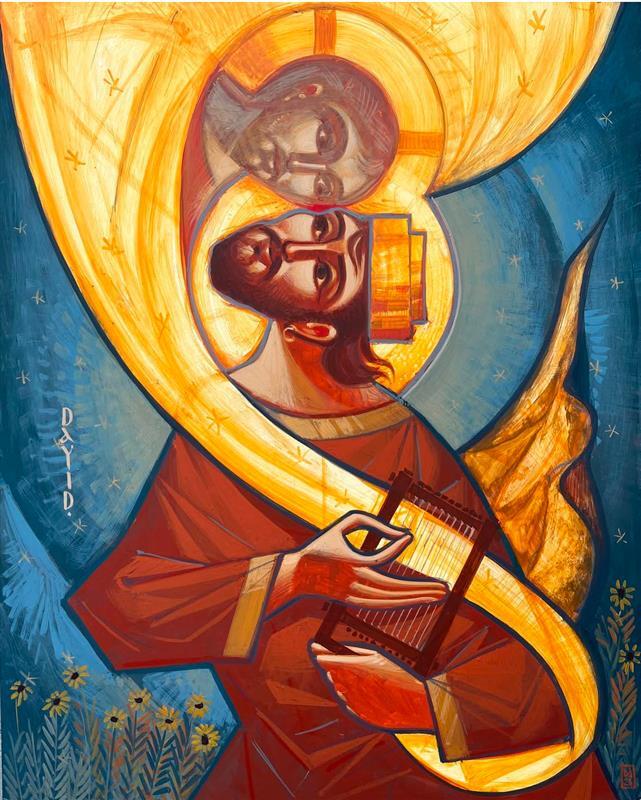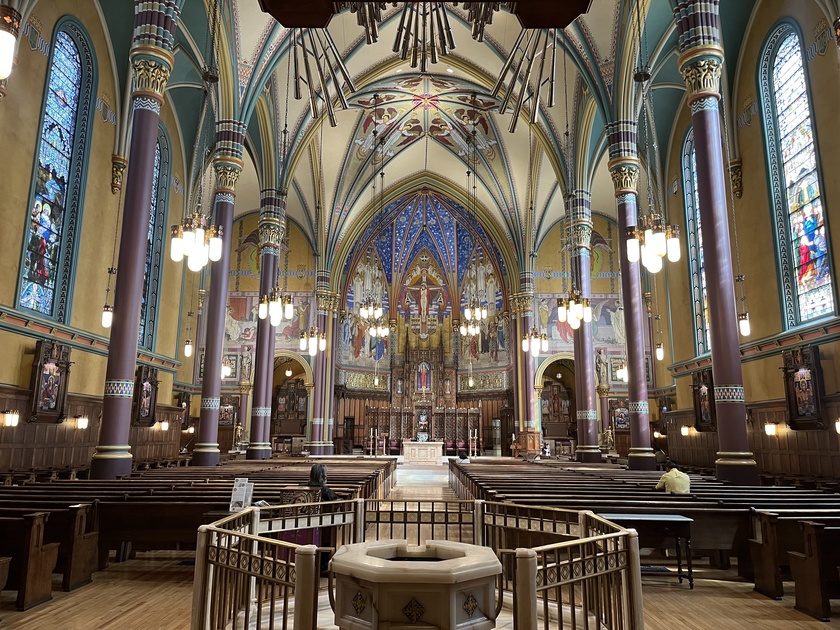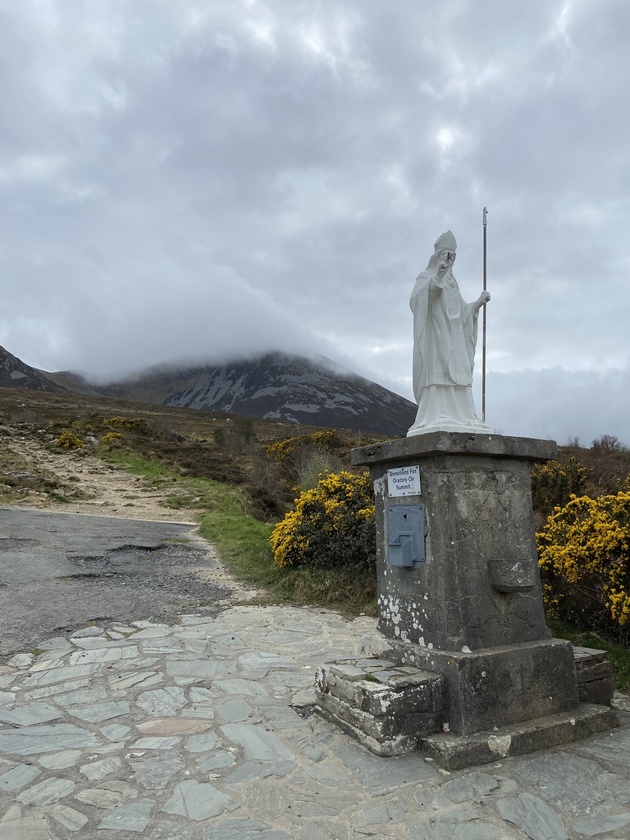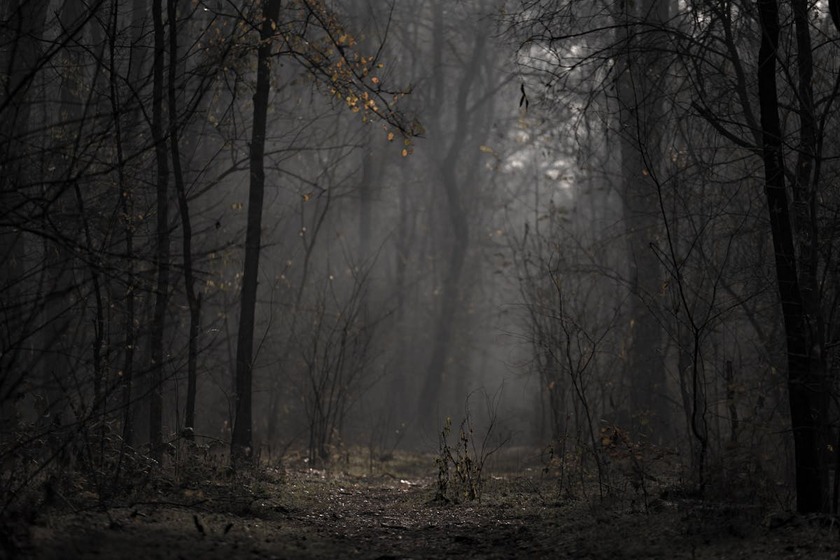We think we’ve mastered consciousness because we discovered bacteria talk to each other. Meanwhile, we dismiss the ancient world as a crayon-drawn myth. But what if their stories were memory? What if science is just one rung on a cosmic ladder that leads from microbes to men, from men to angels, from angels to God?
This is not a rant.
It’s a reordering of wonder.
How foolish—how utterly arrogant—we are to imagine we understand consciousness.
We’re toddlers fumbling with tools we barely comprehend, patting ourselves on the back for discovering our gut bacteria talk to each other. (Bacteria! As if that were the end of the mystery.)
Meanwhile, we puff ourselves up with scientific novelties like cocks in a lab coat parade,
Looking down on the ancients as if they were children with crayons instead of sages with cosmic memory.
How tragically banal.
The Egyptians, the Babylonians, the Sumerian
They didn’t scribble fiction. They etched memory.
They encoded lived experience in symbols that we, in our so-called enlightenment, reduce to myth or metaphor.
But maybe—just maybe—they were reaching.
Grasping at the veil.
Trying to preserve what they knew from encounters with the unseen.
And science? It ages. Fast.
Today’s “truth” becomes tomorrow’s trivia.
What we treat as settled will someday be recategorized as folklore—
Whispers of wonder misunderstood by the next clever generation.
But perhaps someday—if God permits—
We’ll stumble upon beings who dwell so far beneath us in the order of being
That we appear to them as gods.
Just as we tower above the microbial world,
They might encounter us as presence… as energy… as echo.
And isn’t that what it is for us when we speak of angels?
Their glory. Their light. Their otherness.
Isn’t it the same analogy—just escalated upward?
From bacteria to us.
From us to the angels.
From angels to God.
Always upward.
Always deeper in.
Like Lewis wrote in The Last Battle—“further up and further in.”
Like peeling back the layers of an eternal onion.
Like Paul, caught up into the third heaven, stammering to describe the indescribable.
And then there are the ones—
Still clothed in mortal flesh—
Who burn so brightly with love for the Trinity that the veil thins around them.
Moses glowed. Literally glowed.
St. Charbel’s tomb radiated with uncreated light.
Is it any wonder the Sacred Heart is engulfed in fire?
Not a fire that consumes—
But a fire that purifies because it loves.
St. Pio bore the wounds of Christ—yes—
But he also read hearts, bilocated, healed, prophesied.
He saw with the eyes of his nous—his illumined spirit.
He wrestled demons.
Walked with angels.
Moved in the metaphysical like we move through air.
And yet, for him, this wasn’t supernatural.
It was simply what it means to be aligned with God’s love.
Even in the natural order, we are like gods to the microscopic.
Our vibrations alter their experience of time and space.
And this—this natural majesty—was called good by God.
But then the Fall.
That great angelic tragedy.
A mutiny led by beings who couldn’t bear the humility of the Incarnation.
And everything—everything—rotted.
Decay and death. Slavery and sin.
But then… rescue.
The Word became flesh.
He pitched His tent among us.
And it wasn’t just man that was changed—it was all creation.
From virus to virile, the fabric of being was rewoven with grace.
Because everything is analogy.
Language itself is analogy—sounds and symbols we shape with our mouths,
Trying to point toward shared experiential realities.
There is no purely literal word.
All of it is metaphor, inspired and limping.
So let me offer one more.
Imagine the Incarnation as a microscopic vaccine—
Christ becoming smaller and smaller until He slips beneath the skin of reality itself.
He enters Creation like a divine virus,
Infecting every layer—seen and unseen—
Not to destroy, but to heal.
This tiny presence breaks into the cellular structure of a zombie cosmos—
A body long dead, staggering in sin—
And from within, He begins the cure.
Slowly. Surely.
Through time and space.
From the inside out.
That is the Good News—
On both the cosmic and the microscopic scale.
God with us.
God in us.
God rewiring the world.
And He didn’t descend from the peak.
No—He came from beyond it.
From the place where peaks are born.
The Uncaused Cause.
Alpha and Omega.
And now?
Now He grabs us by the hand—flesh to flesh—in the sacraments.
And He doesn’t just clean us up.
He divinizes us.
Molds us into His own divine image.
Makes us—astonishingly—greater than the angels.
And we will spend eternity comprehending Him…
The Infinite One.
Beauty Himself.
Love Himself.
Power without limit.
And each new comprehension will be joy, not boredom—
Because the mystery never ends.
This is the Beatific Vision.
And we begin to glimpse it now—here—
If we open the eye of our heart.
The nous.
The mind of Christ.
That’s what the saints did.
They became lovers of the Light.
And yes, there were precursors—
The Stoics, the Eastern mystics—
Yearning blindly toward what they didn’t yet name.
But then came the Incarnation.
God made visible.
The nectar tasted.
And now, some still try to short-circuit the process—
Through psychedelics, techniques, pharmaceutical hacks.
It echoes Eden, doesn’t it?
That same old seduction: “Take and eat—and you’ll be like God.”
They wanted theosis before they were ready.
God’s plan was always to make us gods by grace—
But on His terms.
In His time.
Because when we grasp too soon, or on our own,
It all gets warped.
The image becomes grotesque.
It festers.
It isolates.
And instead of glory, we get despair.
But when we yield—
When we trust the slow, sacramental work of grace—
Then the fire burns clean.
Then we become icons of the Invisible God.
Then the veil thins.
And the eye opens.
And we see.
Not all at once.
But we begin.
And everything opposite of this is hell: the infinite implosion of the soul folding in on itself—an anti-theosis of self-hatred, where love is rejected, light becomes torment, and eternity echoes with the sound of one’s own name, unspoken, unheard, unloved.




















